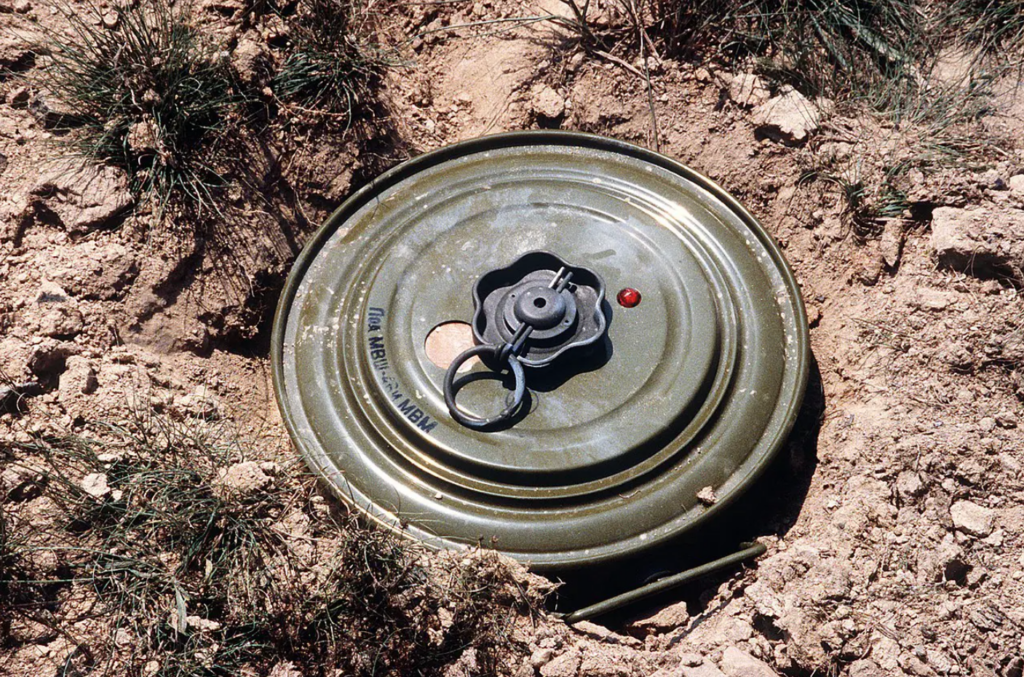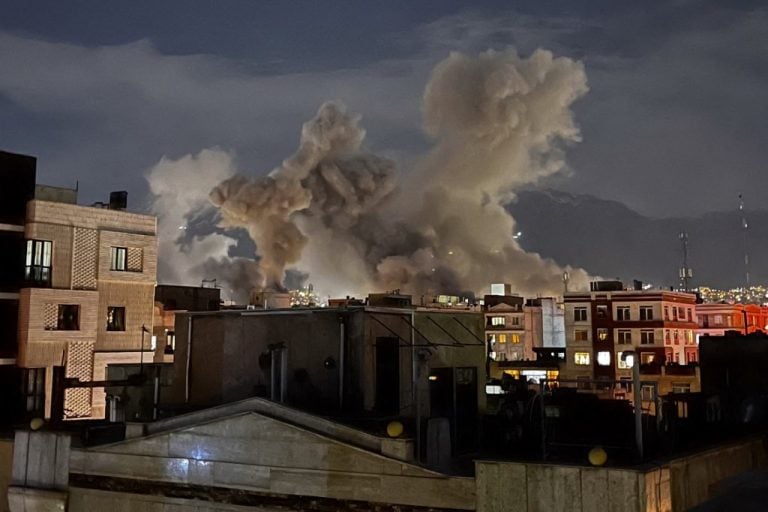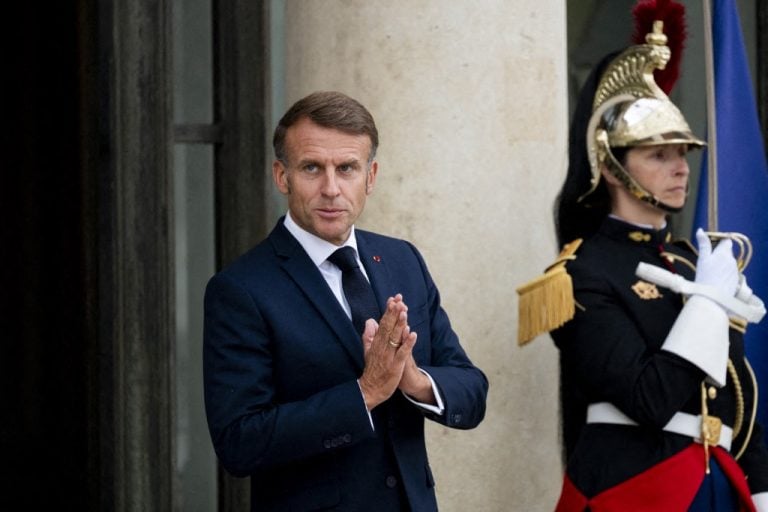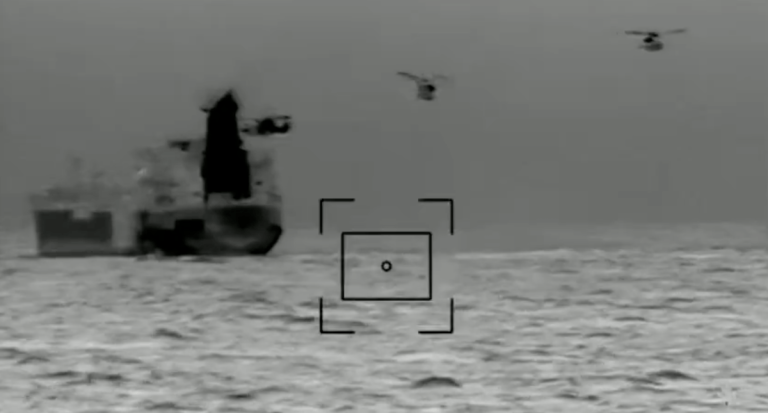Latvian lawmakers have made a significant move by voting to withdraw from the Ottawa Convention, a treaty that bans anti-personnel mines. This decision, taken during a session on Wednesday, reflects Latvia’s growing concerns about security in the wake of the ongoing Ukraine war and the perceived threat from neighboring Russia.
Following the invasion of Ukraine by Russian forces in 2022, Latvia and other countries in the region have significantly increased their defense spending and military training. The anxiety surrounding a possible Russian advance has compelled Latvia to seek ways to enhance its defensive capabilities. Inara Murniece, chair of the foreign affairs committee in parliament, emphasized that withdrawing from the treaty would provide the Latvian armed forces with more operational flexibility in response to potential military threats. She stated that the military must have the ability to defend its citizens effectively by utilizing all available means.
The parliamentary decision to exit the treaty garnered substantial support and will take effect six months after Latvia officially notifies the United Nations of its withdrawal. Over 160 countries and territories are members of the Ottawa Convention, including Ukraine, which faces ongoing hostilities, but notable absentees from the treaty include the United States and Russia.
The Ottawa Convention prohibits signatories from acquiring, producing, stockpiling, or using anti-personnel mines, which are often concealed underground. These weapons can lead to severe injuries, causing long-term harm to civilians who encounter them after a conflict has concluded. The humanitarian impact of landmines has been widely condemned by various aid organizations, emphasizing the need for protective measures for civilians.
In a broader regional context, Latvia’s decision aligns with similar moves by Estonia, Lithuania, and Poland, all of which recently expressed intentions to withdraw from the treaty. The defense ministers of these nations issued a joint statement highlighting that the unstable security landscape exacerbated by Russian aggression demands a reassessment of deterrence and defense mechanisms.
Despite the controversial nature of this decision, the four countries reaffirmed their commitment to international humanitarian law, emphasizing the protection of civilians even amidst changing security strategies. Finland has also indicated plans to withdraw from the treaty, further indicating a trend among northern European nations prioritizing security over treaty obligations.
Humanitarian organizations, including the International Committee of the Red Cross, have expressed concern over this trend, labeling it as a “dangerous setback” for civilian protection in armed conflicts. The Landmine Monitor group reported a dramatic decrease in the number of casualties related to landmines since the treaty’s inception, with annual deaths dropping from 25,000 to under 5,800 as of 2023, alongside the destruction of millions of landmines globally.
Local analysts suggest that the Latvian public generally supports the government’s decision to depart from the treaty, citing an absence of significant debate about the humanitarian implications involved. Maris Andzans, director of the Center for Geopolitical Studies in Riga, noted that discussions focused primarily on the necessity of landmines in the event of imminent military threats from Russia.
Latvia stands as the first among the five countries to officially withdraw from the Ottawa Convention. Lithuania recently exited another treaty concerning cluster bombs, amidst similar security concerns, a decision that generated backlash from human rights advocates. As these developments unfold, the balance between security needs and humanitarian obligations continues to prompt intense discourse in the region.







